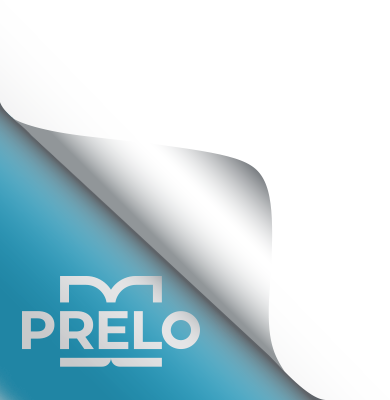About the Journal
Aims and Scope
Revista de Comunicação e Linguagens (ISSN: 2183-7198) is a half-yearly thematic academic journal, with an open-access format and anonymous peer review, published by the NOVA Institute of Communication - ICNOVA of NOVA University Lisbon, Portugal. It welcomes a diverse range of contributions in the field of communication and culture, with a particular emphasis on the discussion of contemporary culture and technologies, visual and artistic studies, visual culture and media archaeology. The journal favours original multidisciplinary approaches to the theme of each issue. It accepts complete articles, critical reviews, interviews and visual essays and positions itself as an international and multilingual forum, publishing in Portuguese, French, Castilian and English.
The journal aims to provide a significant resource to diverse communities, including academics, curators, visual artists, photographers, collectors, independent scholars, undergraduate and postgraduate students - indeed, anyone with an interest in contemporary culture, arts and technologies, mediation processes and languages.
RCL was created in 1985 by the Centre for Communication and Language Studies - CECL of NOVA University of Lisbon and is one of the oldest scientific publications in the field of communication in Portugal. A total of 46 issues were published in print, and since 2017 the journal has been published solely in a digital and open-access format.
Each issue of RCL is dedicated to a theme proposed by one or more editors within the scope of the journal. These editors may be researchers of ICNOVA or external researchers, either national or foreign. Two Calls for Papers are launched annually.
The texts and visual essays submitted to the editorial office will be subject to an initial evaluation by the issue editors, to check for compliance with the formal criteria and overall relevance to the theme of the Call for Papers. Once accepted, they will be assigned two reviewers, in accordance with the process of double-blind peer review.
Authors are therefore invited to check the rules for publication presented in the Author Guidelines, which must be strictly followed. In addition, they should also check the Journal Policies, Review Process and Code of Ethics.
Registration in the system, and subsequent access or authentication, are required to submit articles, as well as to follow the ongoing editorial process.
Periodicity
RCL - Revista de Comunicação e Linguagens is a half-yearly publication (Spring/ Autumn).
Journal Policies
Articles must clearly identify and define the subject matter; critically discuss previous approaches to the same objects of research; be an original approach to the theme and to the works analysed; favour a critical use of theoretical concepts; have a clear structure with an introduction and a conclusion; use a coherent line of argument and a clear and concise writing style.
In the case of visual essays, the visual element must be an integral part of the argument or the ideas being expressed rather than serve as an example or illustration. Page layout is an integral part of their form of expression, and authors must present their page design solutions.
Interviews are an initiative of the issue editors and are not a mandatory section of the journal.
Only complete texts will be accepted (abstracts will not be considered).
Only unpublished texts will be accepted, and they may not be submitted to other journals while the submission process at RCL - Revista de Comunicação e Linguagens is ongoing.
Articles with incomplete or incorrectly formatted bibliographic references will not be accepted.
The rules of the Review Process must be complied with to ensure a blind Peer Review. For example, authors must not include references to their previous texts that compromise the anonymous nature of the submitted text.
Authors are not charged Article Processing Charges (APCs) for publishing their articles in the journal.
Open Access Policy
RCL offers immediate open access to its contents, , without embargoes or charges, observing all the principles and ethical recommendations for scientific publications. The journal follows the premise that making scientific knowledge publicly and freely available allows greater democratisation and access to this scientific knowledge, which must be shared, used and reused.
Copyright Notice
The authors retain copyright and grant the journal the right of first publication, with the work simultaneously licensed under the Creative Commons Attribution License CC BY-NC 4.0 which allows sharing and adapting the text as long as its authorship is correctly attribbuted with recognition of the initial publication in this journal.
The journal reserves the right to publish, reproduce and disseminate the articles on the social media, in open access repositories and directories.
Digital Preservation Policy
This journal is digitally preserved through the Public Knowledge Project.
Indexation
![]() ERIH PLUS (European Reference Index for the Humanities and Social Sciences)
ERIH PLUS (European Reference Index for the Humanities and Social Sciences)
![]() Latindex - Catálogo Selectivo e ProQuest / CSA (Cambridge Scientific Abstracts)
Latindex - Catálogo Selectivo e ProQuest / CSA (Cambridge Scientific Abstracts)
![]() ROAD, Directory of Open Access scholarly Resources
ROAD, Directory of Open Access scholarly Resources





